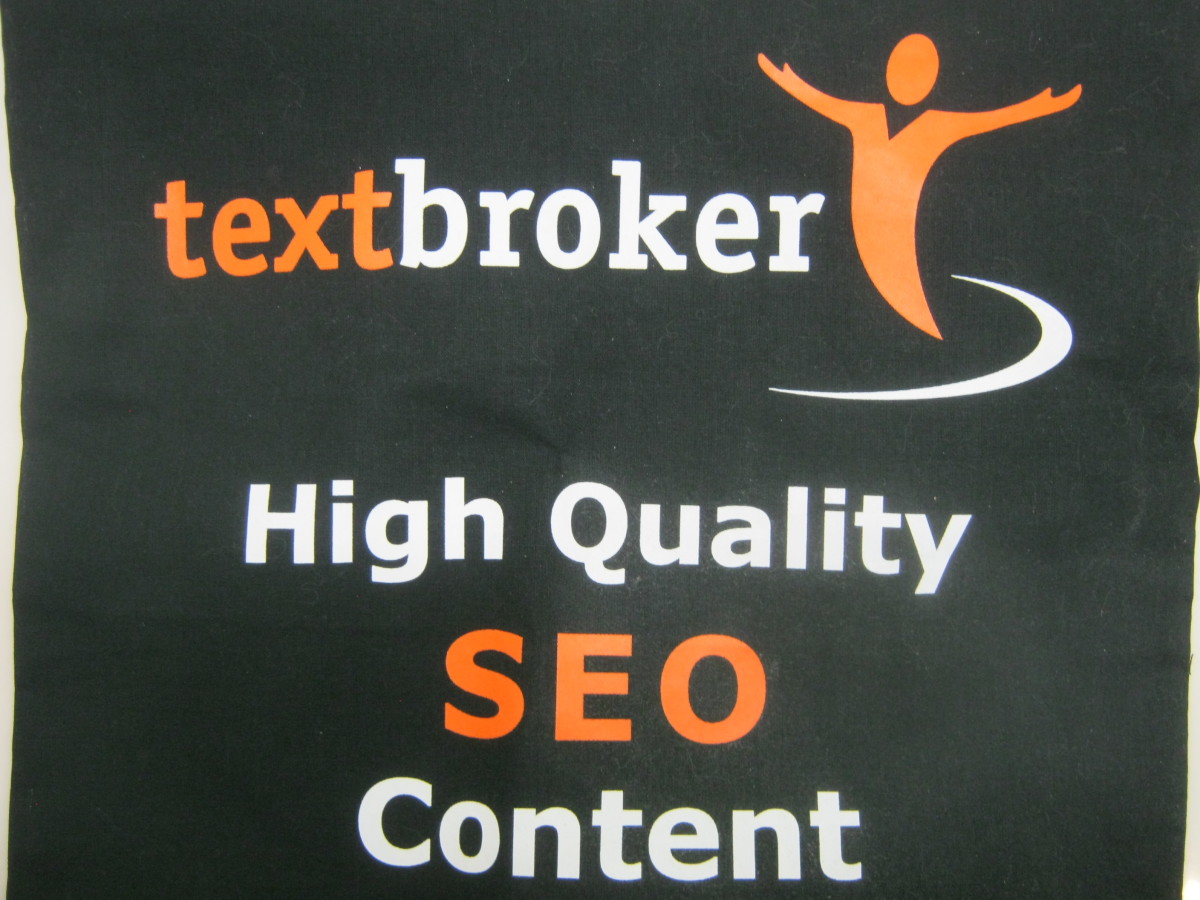Writing Points: Things I've Learned

By: Wayne Brown
Writing for writer, much like the musical instrument to a musician, can bring either a satisfying sense of accomplishment or a deep state of utter frustration. I have experience both in my attempts to write quality material that hits the target. Sometimes I win; sometimes I lose. That’s a bit of a roller coaster but it comes with the territory. I have learned a few things along the way to my lack of success as a writer that I will share here for better or for worse. Maybe it will help someone to avoid some of the issues that I have wrestled with along the way. By the way, I dislike publishing “lists” and calling it writing, so let’s approach in paragraph form using a central theme. Here goes.
First and foremost, if you plan to write something that has not been written then I wish you good luck with that. Once you start selecting subjects and gathering information, you quickly find that the vast majority of subject material has been written about in some form or fashion at some varying level of quality. Forget that approach, it is a waste of time. Besides that, you should never fear a subject just because someone else has written about it. As an example, just consider how much has been written on the subject of Abraham Lincoln. If everyone who wrote about him had dropped the idea after they saw the first article then we, as readers, would be quite deprived on that subject today. Choose your subject and then put your energy in deciding how you want to approach the subject. I will touch on this angle again a bit later so hang on to the thought.
Steven King offered would-be-writers seeking his advice and inside knowledge a very simple formula to achieving success in their writing. King indicates that one should write about the things they know the most about. This is not to say that you should write about your job because you understand it and can do it with your eyes closed. The intent here is to say that one should chose a subject with which they are quite familiar and thus are comfortable in discussing. Much like a speech, an article can sound and feel very mechanical if the author has little knowledge of the subject material and has depended solely on research to provide the information that he or she conveys. Billionaire investment guru, Warren Buffet, has made the same point when it comes to his investment success. He points out that his success comes from sticking to investments in forms of business that he understands. So, take the advice and choose a subject within your comfort level.
Before you get too far into the writing process, you really need to understand who your reader is likely to be. This is not always so easy to determine as your article as it is posted on the Hub or some other site is pretty much open to anyone who will take the time. You cannot control that aspect but you can decide how you want to impact the reader and then let that emphasis help you decide on those areas and details that you need to accomplish that goal. Without taking this step, you are just shooting in the dark and your entire piece may suffer as a result. Envision your reader at the start and when you finish, at some point, try to read your work from the perspective of that reader. This will help you greatly in determining the interest level of your work.
Remember when I mentioned earlier that most subjects had been written about in some way and that I would revisit that point. Let’s do that now. A very important aspect of getting to your reader is to determine what angle you would like to approach from with your writing. This will also impact the approach you take with your subject matter. Let me offer an example here. If you are writing a human interest article and want to appeal to the emotional side of your reader, then your approach to the subject must come from that direction. The meat of the article needs to set a mood that builds toward an emotional crescendo for the reader. This is not the time to bog the reader down in unnecessary detail so be careful with your content or you will lose the emotion in the details. If emotion is your goal, decide how and when to get there. Is it at the start or the end? For example, if you are writing about an airplane crash, you need to decide where the emotion occurs…is it in the crash itself or in the aftermath, or possibly more rooted in the events leading up to the crash. Deciding on these points will help you greatly in both content and mood. One caution I must offer is to understand your own limitations here. Ultimately this comes back to understanding your subject and your comfort level with it.
Now, you have considered your subject, your reader, and the approach that will work best to serve up the material. What else is there? Well, you actually have to write and delivery the article in the manner that you have targeted. Let me offer a word of advice here. Do not get so locked into your subject of choice that you are too rigid to see a good idea develop that falls left or right of center of your original intention. Again, let me offer an example. Let’s say your intent was to write an emotional piece on the death of baseball slugger, Roger Maris. As you begin to gather information and write, you find yourself writing a chronology of Roger’s life with the predictable discovery of his terminal cancer and inevitable death. Your emotional trigger becomes the disease and the death…both very predictable to the reader and even more so to you. Even though you tell the story, in all probability, you will not push the emotional button and may lose the reader before getting there. At this point, maybe it’s time to look at the story from a different angle. A possibility might be to consider telling the story of Roger’s loss from the perspective of his teammate, Mickey Mantle and then draw your emotional impact from the effect on those teammates surrounding Maris at his death. It’s the same story but from a refreshing perspective that stands a much better chance of keeping the reader on board. Stay flexible and let things evolve, it pays off. Do not remain stubbornly focused on your first idea and miss an excellent chance to tell a great story from a different perspective.
If you want the content of your writing to hit the mark and stay true to the approach you have chosen, then you must examine the relevance of the material that you opt to include. If your plan is to present a biographical sketch of Abraham Lincoln, there are aspects that I, as a reader, expect you to cover including such details as dates of birth, death, place of birth/death, schools attended, etc. In this approach, the reader expects to garner that information. On the other hand, if you are focused on writing an article dealing with the assassination of Lincoln, much of the aforementioned information may not be relevant to the reader. The writer runs the risk of spoiling the mood for the reader with unnecessary details that explain little or nothing about the assassination events. Information and explanation are important but both must be relevant in the storyline.
Okay, so far you have gained comfort with your subject or focus, identified the attraction to the potential reader, and carefully chosen an approach to the storyline. Assuming that you gather your information and arrange it with all of the aforementioned in mind, you likely have your content shaped into a story by this point. There is a sense of completion in the air but let’s not get the cart ahead of the horse and run off publishing anything. Obviously, as a writer you know you need to proof your work getting out those pesky mistakes and misspelled words…nothing ruins a good article or story like misspelled words. They send the message that the writer did not care enough to check it. So it is extremely important that you complete this step prior to sharing your work. In the process of your proofing, you will also want to read and re-read the work to see if it accomplishes your desires. Remember, at this point you need to put yourself in the shoes of the reader, not the writer, as you peruse the text. Look for that attention step early on in the writing. Does it grab the reader, set a tone or mood, and then continue in that line holding their interest? Is the ending too predictable? Is there room for improvement? Weigh these items carefully and do not be afraid to tweak to gain the quality and feel that you want to experience as a reader.
There is one very important element left that becomes a key in attracting the potential reader. That element is the title for your article or story. Never discount the value of a great title. Even a well-written article with a poor title will fall short in attracting potential readers. At the same time, a title that gives too much away also can achieve the same poor result. The title should be relative yet vague enough to peak the potential reader’s curiosity to find out more. For example, let’s say you were writing an article that discussed the hazards of moving cattle herds up the various cattle trails of the old west. Rather than select a tell-all title like “Herding Cattle On The Old Western Trails”, you might consider a catchier one word title like, “Rawhide!” This grabs the reader’s interest quickly. It sounds exciting enough to keep them on board for the entire read. A great title affects me, excites me, and makes me want more. It is packaging, it is a selling point. In writing, the package can be as important as the content. At the same time, a great package will not carry a poor work. You need sizzle and you also need steak…that’s where your talent comes in to the equation.
Certainly I have not covered every avenue available or necessary to the aspiring writer in this article. That was not my intent, and out of respect for my potential reader, likely an aspiring writer, I tried to avoid serving up too much detail and just get to the heart of the matter. These are important points that I feel have been effective guideposts for me in my writing so far. I do not feel I have attained any significant level of achievement in my writing but I do believe these are elements that have helped me along the way. I hope they can be of help to you should you choose to employ them.
Writing can and should be very rewarding and enjoyable for the writer. As with most things I have experienced in life, I find that any discipline that I employ in pursuing the art must fit with my own personality and approach to things. There are many sources out there that offer cookie-cutter solutions for the aspiring writer and they are served up in a classic step by step format just as if one was assembling a child’s toy or a bookcase. Those may work well for some folks and I am very glad they do. For me, I find more value in developing a technique rather than just respecting a discipline or order. This helps me immensely in avoiding a “mechanical” feel to my writing. I suppose the best way to describe it is to say, the cookie-cutter solution puts me into a “process over product” mindset that distracts from what I am trying to accomplish in my writing. Ultimately, my success, if any, and the success of others will be the true litmus test as to which approach is more effective in turning out quality material that appeals to the reader. I wish you the best of luck in your writing pursuits and hope that you find techniques and methods that keep it both rewarding and enjoyable for you.
©Copyright WBrown2010. All Rights Reserved.








